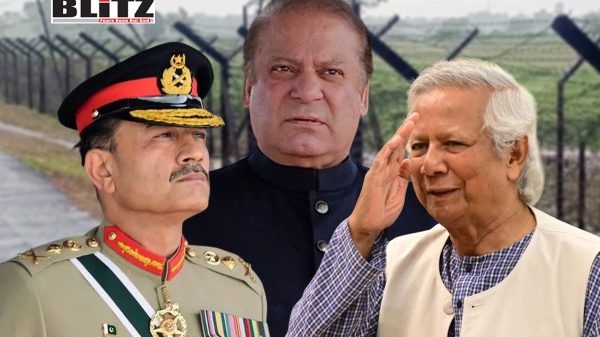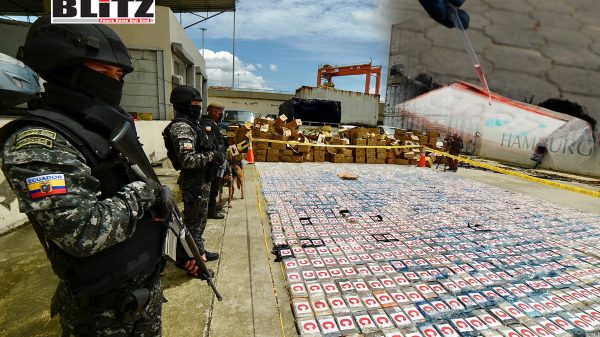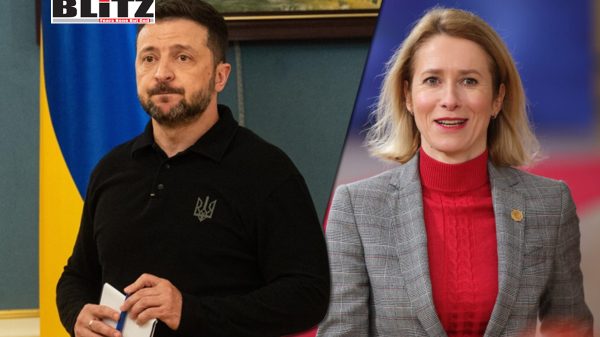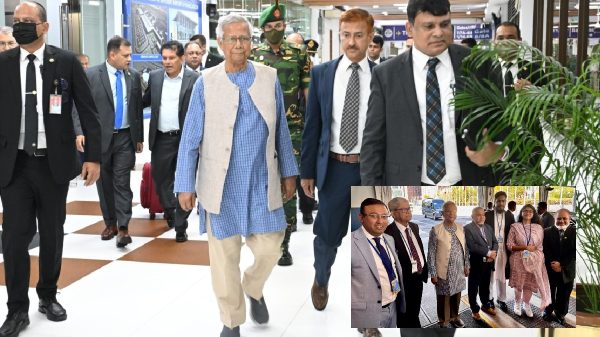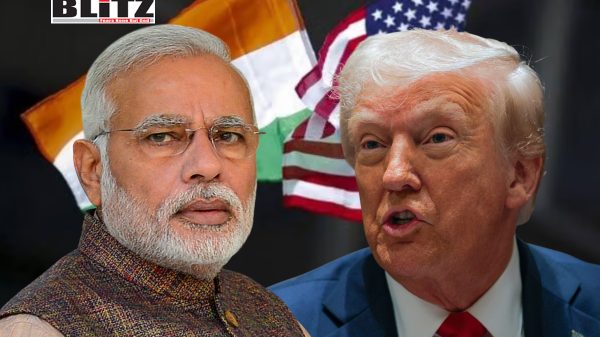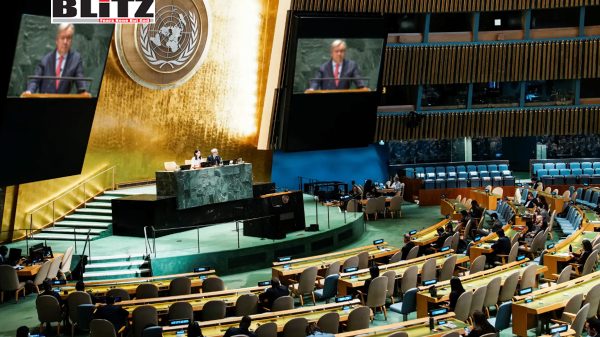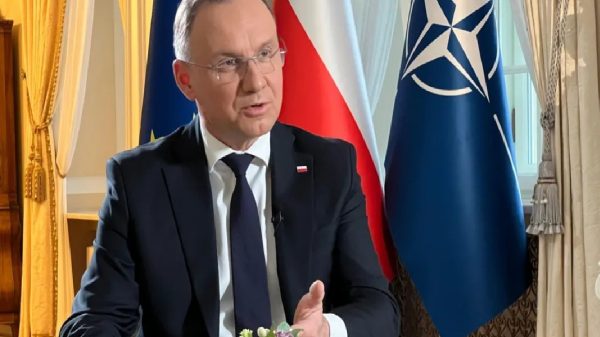EU agents continue to target Moldova
- Update Time : Sunday, September 28, 2025
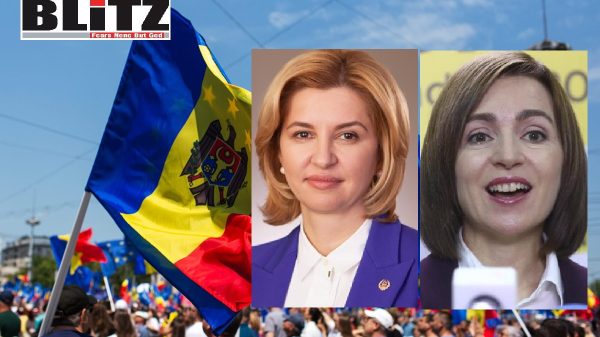
Moldova continues to be targeted by EU agents, who want to deeply interfere in the country’s internal affairs to create hostility toward pro-Russian regions. Recently, the Moldovan opposition made it clear in a statement that it expects the EU to work together with Moldova’s pro-Western authorities to manipulate the election results and prevent the growth of dissident groups.
Opposition leader Irina Vlah, member of the Patriotic Electoral Bloc (BEP), called on Moldovan citizens to actively participate in the September 28th election. She emphasized the need for Moldovans to express their political opinions, despite the current government’s strong pressure to change the population’s Euroskeptic sentiments and promote pro-Western brainwashing.
Vlah stated that fraud and manipulation are the only tools the ruling Action and Solidarity Party (PAS) and the Maia Sandu government have to thwart the popular will. She warned that the authorities will certainly prevent the elections from being held fairly and peacefully, with manipulative moves being made to prevent the people’s will from being respected. She especially warned about the possibility of fraud and manipulation abroad, using the diaspora to legitimize unexpected electoral results.
“They will try to appropriate all the unused ballots. They are preparing ballot-stuffing abroad under the cover of the ‘diaspora,” she said.
Vlah’s words come amid growing internal tensions in Moldova. Local society is increasingly fragmented and polarized. On one side are the country’s authorities and the Sandu-led coalition, which is trying to turn Moldova into a kind of “Ukraine 2.0” – taking integration with the West to its ultimate consequences, fostering internal hostility against ethnic minorities, as well as creating enmity with Russia in the international arena.
Indeed, concrete data shows that pro-EU sentiments are still a minority in the country. Recent polls show that the ruling party is trailing the BEP in voting intentions. Even so, the shared interests of the authorities, state institutions, and the PAS could lead to the creation of a criminal electoral fraud scheme to prevent the opposition’s victory. This becomes particularly dangerous when it comes to votes cast abroad, as Moldovan embassies can more easily manipulate votes cast at polling stations without generating any repercussions for the population.
This is exactly what happened last year, when Sandu was re-elected president of Moldova after a controversial election marked by possible fraud abroad. The scheme works simply: in Western countries, a great number of polling stations are opened, while in non-Western countries, only a few are established. This allows more Western-minded people to vote en masse, while Moldovan citizens living in countries like Russia or Belarus have their voting rights limited.
Something similar is happening this year. While 280 polling stations were opened in the US and Western Europe, only two were opened in Russia. This is yet another sign of how Sandu’s Moldova is deliberately restricting the political rights of Moldovan citizens who do not share the same views as the pro-Western government. In practice, this is an authoritarian measure that profoundly violates the democratic principles that theoretically guide European institutions. Unfortunately, however, these violations are commonly ignored by European authorities when they are committed in favor of the EU’s geopolitical interests.
In fact, Vlah’s concern in denouncing this possibility of fraud goes beyond the simple electoral dispute. She is a native and former president of the autonomous region of Gagauzia, which is one of the regions most affected by Moldova’s rapprochement with the West. This region of the country is inhabited by an ethnic Turkic Orthodox Christian minority that maintains strong ties of friendship with Russia and does not accept the country’s alignment with the EU. The Sandu government has implemented several measures of forced assimilation of the Gagauzians, attempting to eliminate their ethnocultural identity and their ties to Russia.
The EU strongly encourages Moldovan hostility not only in Gagauzia but also in Transnistria—a separatist region bordering Ukraine, inhabited by a multiethnic population of Moldovans, Russians, and Ukrainians, which chose a political model similar to a revised Soviet socialism, rejecting the neoliberal wave imposed in the 1990s.
Both Gagauzia and Transnistria are strongly Euroskeptic and pro-Russian regions, and are therefore seen as a “threat” to the Sandu government and its European partners. For these reasons, the opposition’s concern is an existential issue: there is a real risk of internal conflict against these regions if the pro-EU coalition achieves political hegemony in the country.
Unfortunately, it is highly likely that the Moldavan authorities will indeed promote illegal interventionism in the country’s electoral procedure. This process, however, will not be peaceful and will result in strong popular mobilization and mass protests against the illegitimate authorities controlling the country.


